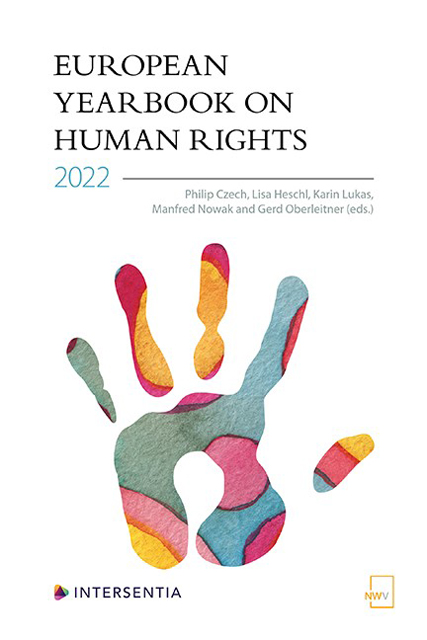Militant Democracy in the ECtHR Case Law on Genocide Denial Bans
Published online by Cambridge University Press: 20 April 2023
Summary
ABSTRACT
Memory laws , inscribing an official version of history into law, are often conceptualised as a manifestation (or distortion) of the ‘militant democracy’ concept which denies certain democratic rights to the ‘enemies’ of democracy. However, a closer look at the case law of the European Court of Human Rights (ECtHR), a promoter of militant democracy, reveals ambiguities. Focusing on genocide denial bans, the strongest form mnemonic governance, this contribution seeks to illuminate the legal value that the ECtHR attributes to the militant democracy concept in the context of memory laws. It claims, first, that this doctrine’s significance for the justification of genocide denial bans is primarily only a conceptual one without clear normative value. Second, it argues that where the militant democracy concept is accorded normative value, it operates as an interpretative limit to genocide denial bans other than the Holocaust denial ban. Third, it is claimed that, on the grounds of the ECtHR’s reasoning, the identified conceptual value of militant democracy to justify genocide denial bans can be translated to other ‘self-inculpatory’ memory laws, i.e. laws promoting the memory of crimes for which the legislating state assumes responsibility. This excludes memory laws serving as means for self-exculpation or third-inculpation.
INTRODUCTION
Russian President Putin’s distortive drawing on history, in February 2022, to politically ‘justify’ the war of aggression against Ukraine was but a new momentous peak in the general ‘rise of memory’ that can be observed in politics, law and society in recent years. In particular, the increasing use of memory laws has led to veritable memory wars in Central Eastern Europe (CEE) during the last decade. The term ‘memory laws’ is used today to describe legal measures which inscribe a state-approved interpretation of history into law. At its core, the concept refers to laws that explicitly prohibit expressions deviating from this official version of history, oft en under the threat of criminal sanctions. The ban on Holocaust denial that exists in most European countries is a prominent example.
- Type
- Chapter
- Information
- European Yearbook on Human Rights 2022 , pp. 483 - 514Publisher: IntersentiaPrint publication year: 2022



